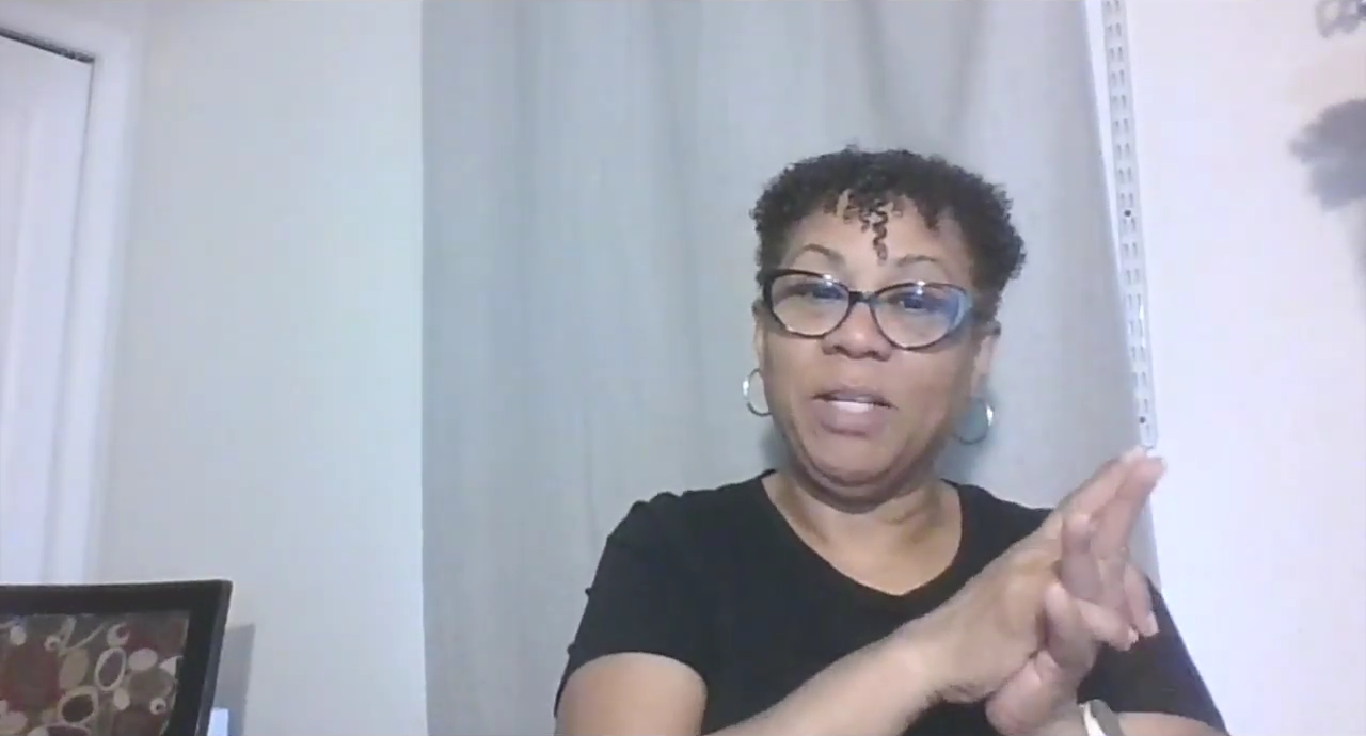Why Mindfulness Is So Important Right Now
As many states continue to adhere to social distancing measures and stay-at-home orders due to the spread of COVID-19, it’s safe to say that the average American is experiencing an inordinate amount of stress. Many have lost their jobs, their livelihoods, their housing, and even their loved ones to the virus. With the immediate and distant future still so uncertain, it’s more important than ever for people to take care of themselves, specifically their mental health.
But how exactly do we do that? From parents trying to work from home and help their children homeschool to healthcare workers and first responders trying to save lives and protect their families to people who are completely isolated, we’re all feeling the effects of quarantine. While some are taking advantage of virtual sessions with therapists and medical providers to maintain their wellbeing, others may be looking for a cheaper and easier alternative.
That’s where mindfulness comes into play.
Originating in Eastern religion and based on Buddhist teachings and psychology, the concept of mindfulness was introduced to the United States in 1979 by Professor of Medicine Emeritus Jon Kabat-Zinn. Kabat-Zinn was the creator of the Stress Reduction Clinic and the Center for Mindfulness in Medicine, Health Care, and Society at the University of Massachusetts Medical School. He was introduced to Buddhist philosophy while studying at MIT and later founded the Stress Reduction Clinic at the University of Massachusetts Medical School. He also developed the Stress Reduction and Relaxation Program but later renamed it “Mindfulness-Based Stress Reduction” (MBSR) once he began taking a more science-based approach.
Kabat-Zinn defined mindfulness as “the psychological process of bringing one’s attention to the internal and external experiences occurring in the present moment, which can be developed through the practice of meditation and other training.”
There are a multitude of online resources and free apps available for practicing mindfulness techniques. Our team uses the Calm app which includes daily meditations, soothing sounds, and narrated sleep stories among its offerings. We find it a great way to stay focused, reduce anxiety, and get a more restful sleep, which in turn helps reduce our stress levels.
Several years ago a video by Happify was making the rounds called Why Mindfulness is a Superpower: An Animation. In it, the narrator describes how you can use mindfulness to help you control your emotions and reactions to stressful situations in everyday life. It frames mindfulness in a practical, easy way to understand that highlights just how important it is for us to focus on the way we react to various stressors.
It’s an understatement to say that in the current climate people are experiencing high levels of stress. When the human body is stressed and feels threatened, the nervous system releases a flood of adrenaline and cortisol into the bloodstream. This in turn causes elevated blood pressure and increased heart rate, a tightening of the muscles, and a sharpening of the senses. In other words, the fight or flight response. Over time, increased and consistent stress can adversely affect the respiratory and cardiovascular systems as well as the brain.
While there is little we can do to control the outside world during this time, there are plenty of things we can do at home using mindfulness to reduce our stress levels, sleep better, and stay healthier. These can include exercise, meditation, focused breathing techniques, listening to calming music, or writing down thoughts and emotions as you experience them.
In our blog post Team Building From a Distance, we mentioned several other apps that are available for you to try out including Headspace, Aura, Stop, Breathe, and Think, and Insight Timer. They all include different tools and tips for better sleep and reducing stress, and they’re all free to download.
Mindfulness comes in many different forms and can be found from a lot of different sources. Find one that speaks to you to help you manage stress, get the sleep we all so desperately need, and find a little peace during this trying time.
Try InventoryLab Today
30 Day Free Trial
Save time and money by streamlining your Amazon business. Source, List, Ship, and Analyze all in one place.
Get Started
Comments(1)